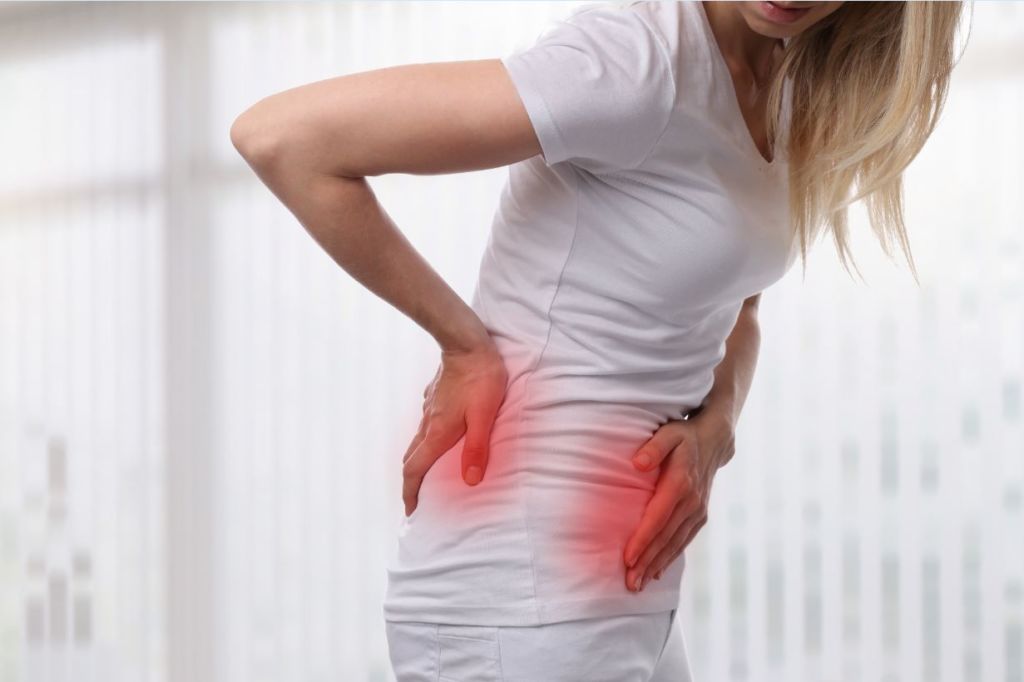The kidney is an important part of our bodies as it is responsible for filtration by removing waste products from your blood and regulating your water and electrolyte balance. Urine flows from the kidneys to the bladder through two tubes called ureters. Collectively, this is known as your “urinary tract system.” This system is meant to be painless but unfortunately it does not always end that way, especially when it comes to the formation of kidney stones.
Kidney stones form when certain chemical substances in the body begin to crystallize and clog together, eventually forming a complex, solid mass in the kidneys or urinary tract which travels into the ureters. Kidney stones vary in size from grains of sand to one inch in diameter. The most common symptoms are severe pain, usually in the side of the abdomen, which is often accompanied by nausea.
There are both controllable and uncontrollable factors to kidney stones. Addressing both is essential in helping to reduce your risk of developing them.
Factors you cannot control:
Genetics. Men tend to develop kidney stones in their 40s through 70s; rates increasing with age. While women are most likely to experience kidney stones in their 50s and a person who has suffered from one kidney stone can develop others.
Disease. Gout (a chronic condition that causes recurring episodes of acute inflammatory arthritis) and Crohn’s disease (inflammation and irritation in your digestive tract) can increase your risk for kidney stones. Also at risk are those with recurrent urinary tract infections.
Medications. The use of diuretics, or “water pills,” and certain seizure medications can increase the risk of kidney stones; particularly in those who do not drink enough water. Over-the-counter vitamins such as Vitamin C and D can also increase your risk. Oxalate is a byproduct of the metabolism of Vitamin C; so if you are taking in too much Vitamin C, you increase the risk of developing oxalate kidney stones.
Factors you can control:
Fluid Intake. Drink at least eight glasses of fluids each day, with at least half being water. You can gauge this by ensuring your urine is light, straw-colored, and not concentrated. It’s also essential to stay away from sugary drinks like pop, juices, and sports drinks.
Weight. There is increasing evidence supporting a link between being overweight and getting kidney stones. Part of the reason could be increased insulin resistance and higher blood sugar levels, leading us to the diet.
Diet. Recommendations for your diet will depend on the type/composition of your kidney stones. Once the kidney stones are evaluated, a dietitian can help determine foods to add or cut from your diet, but it is always recommended to avoid excessive canned and dry goods, processed meats, high oxalate foods (such as rhubarb, potato chips, beets and nuts) and too much red meat. Also seek appropriate guidance on how much calcium you should take, as calcium oxalate kidney stones increase when you do not have enough in your diet.
Medications. Some medications can help reduce the chances of stones developing. Speak to your primary healthcare provider to determine what options exist for you.

